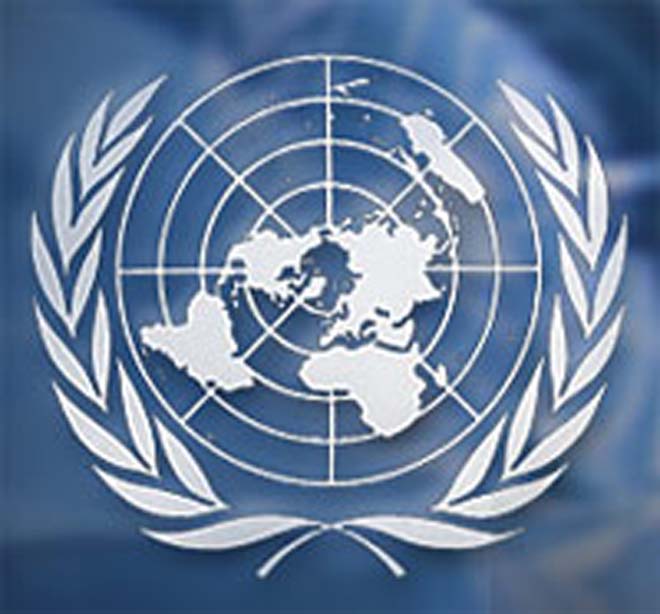Azerbaijan, Baku, Dec. 1 / Trend S.Isayev/
The system of the United Nations sanction imposition needed reconsideration in order to put it in line with the UN Charter, Iran's Ambassador to the United Nations Es'haq Al-Habib said, IRNA reported.
"According to Article 24 of the UN Charter, all decisions in the Security Council should be made on behalf of its entire members, but in practice, most of its current decisions have not reflected the will of all its members," said Al-Habib at a UN meeting. "So, the sanctioning system needs reconsideration."
Al-Habib added, in many cases, even non-permanent members of the Council were not aware of the secret talks held by certain permanent members. The Iranian envoy stressed that imposing repeated and unnecessary sanctions against certain states would weaken the credibility of both the UNSC and its decisions.
He said the SC's failure in improving its decision making mechanism would reduce the international trust on the organization.
Al-Habib stressed that the UNSC performance should be based on transparency and justice. He added that one of the major concerns about the council's present performance was the over dependence of certain member states on the illegal use of force and threat against other member countries which would jeopardize international peace and stability and would also weaken the basic principles of the UN and those of the international laws.
FMs' of the EU countries are expected to take new sanctions against 179 individuals and institutions associated with the Iranian authorities. The intentions to impose additional sanctions came to notice after a report by the IAEA on Iran's nuclear program. It stated that Iran used to carry out work on nuclear weapons development until 2003, and these very activities could still go on today.
The IAEA Board of Governors adopted a resolution on November 18, calling on Iran to open access to the agency's experts to nuclear sites and insisting on greater cooperation between Iran and the Agency.
On Nov. 29, group of protesters broke away from a crowd of a few hundred outside the main British embassy compound in Tehran, scaled the gates, broke the locks and went inside. Protesters pulled down the British flag, burned it and put up the Iranian flag instead. Some took a framed picture of Queen Elizabeth. Police appeared to have cleared the demonstrators in front of the main embassy compound, but later clashed with protesters and fired tear gas to try to disperse them, Fars said. Protesters nevertheless entered the compound a second time, before once again leaving.
The U.N. Security Council condemned the attacks "in the strongest terms." U.S. President Barack Obama called on Iran to hold those responsible to account. British government was not available on the reported withdrawal of embassy staff from Iran.
UN chief Ban Ki-moon issued a statement, saying he was "shocked and outraged to hear of the incident in Tehran in which demonstrators entered the British embassy, briefly abducted embassy staff and damaged property."
Even Russia, which is Iran's closest major ally, condemned the incursions as "unacceptable".
The U.N. Security Council condemned the storming of two British diplomatic compounds in Tehran and urged Iranian authorities to protect diplomats. The attacks occurred at a time of rising diplomatic tension between Iran and Western nations, which last week imposed fresh sanctions over Tehran's nuclear program that they believe is aimed at achieving the capability of making an atomic bomb. Iran, the world's fifth biggest oil exporter, says it wants nuclear plants only for the generation of electricity.
Sanctioning system needs reconsideration: Iran’s envoy to UN
The system of the United Nations sanction imposition needed reconsideration in order to put it in line with the UN Charter, Iran’s Ambassador to the United Nations Es'haq Al-Habib said, IRNA reported.






